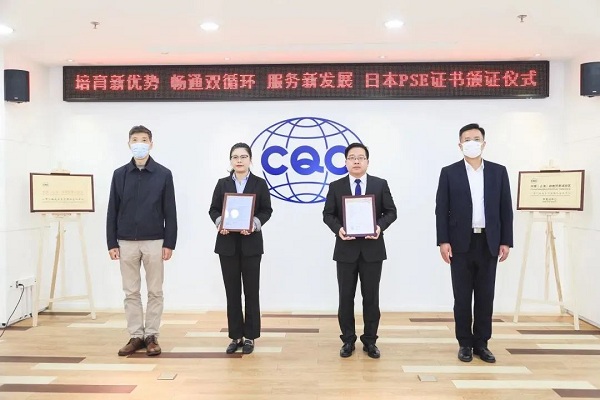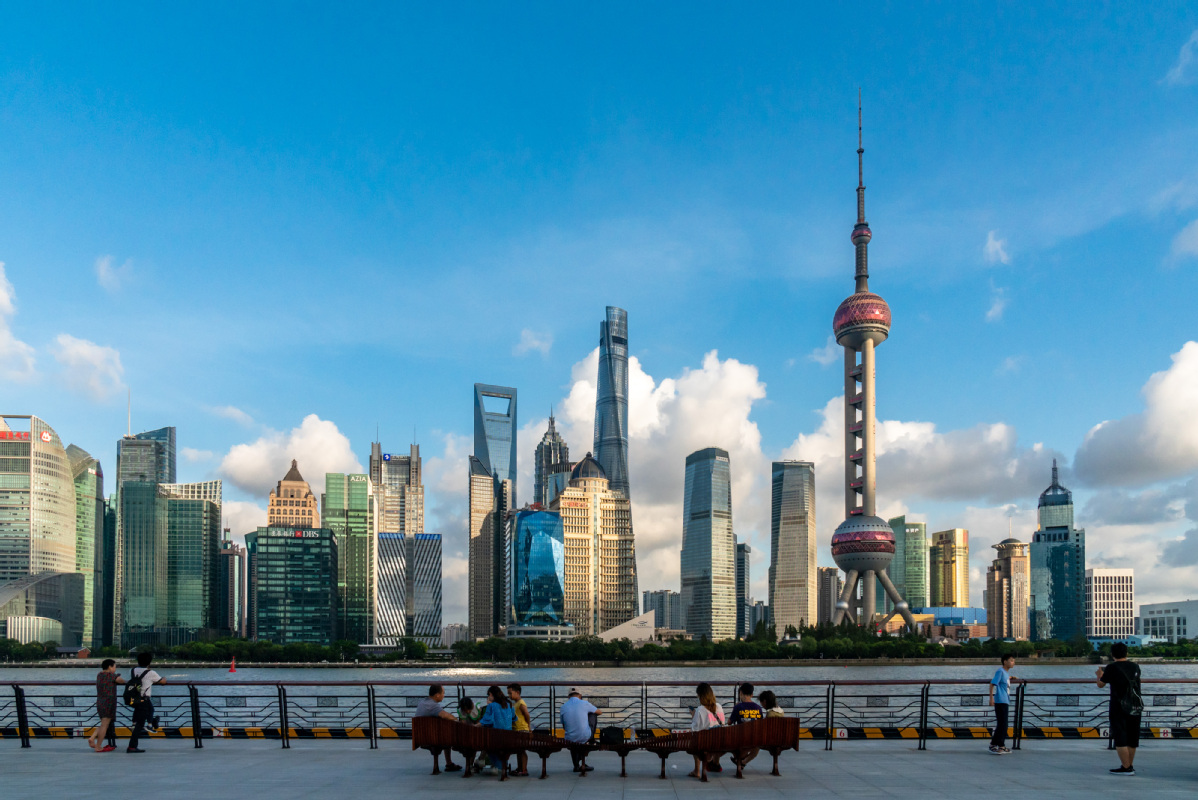Shanghai FTZ: Reducing non-tariff barriers, facilitating intl trade

The China (Shanghai) Pilot Free Trade Zone, or Shanghai FTZ, has been working to reduce non-tariff barriers for Chinese exporters to boost international trade.
On Nov 8, the Belt and Road Technical Exchange and International Cooperation Center of Shanghai FTZ launched its East Asian center in Shanghai's Pudong New Area, as well as in Japan and South Korea.
A significant step to expand international cooperation in quality certification, the East Asian center issued Product Safety of Electrical Appliance & Materials (PSE) Marks to two local companies the next day.
The PSE Mark is a mandatory safety and EMC (Electro Magnetic Compatibility) approval for electrical products sold in the Japanese market.
New Focus Auto Group, an automobile electronic products and lighting technology supplier, has already received PSE Marks for some of its products and is expecting to further expand its presence in the Japanese market with the support of the East Asian center.
For Shanghai Yusheng Enterprise Development Co, whose wires, cables and electrical accessories are exported to over 30 countries and regions, the East Asian center has offered a tailored solution for the company to apply for market entrance approval in different countries simultaneously, which greatly cuts the company's costs.

According to the head of the East Asian center, the center will provide highly efficient services for companies, while ensuring all exported products meet local requirements and standards.
In addition, the center plans to organize online lectures to teach domestic companies about technical laws and regulations in other East Asian countries, with professional technical guidance also available.
The Belt and Road Technical Exchange and International Cooperation Center of Shanghai FTZ was established in 2018 and has set up two sub-centers for Middle East and Southeast Asia, as well as a quality evaluation station for import and export commodities between China and Saudi Arabia.
The Middle East center alone has issued more than 2,000 certificates for exports to Saudi Arabia.
Invest in China Copyright © 2026 China Daily All rights Reserved
京ICP备13028878号-6
 京公网安备 11010502032503号
京公网安备 11010502032503号





